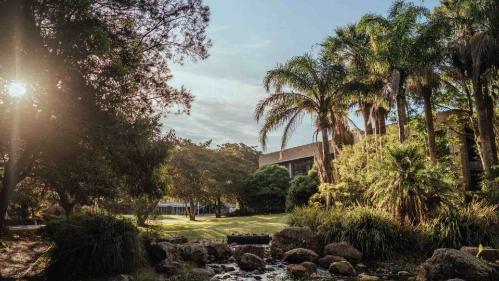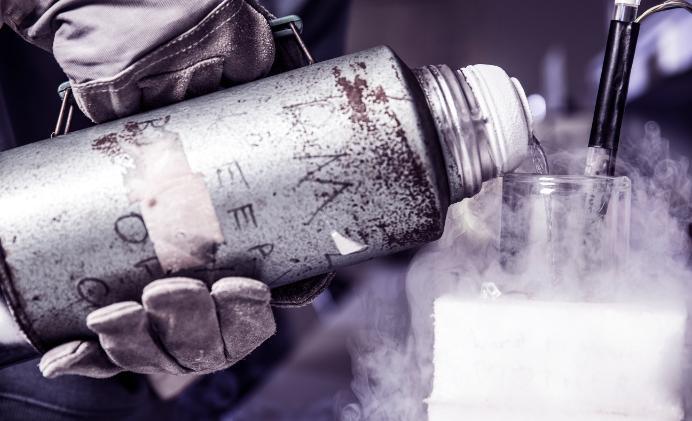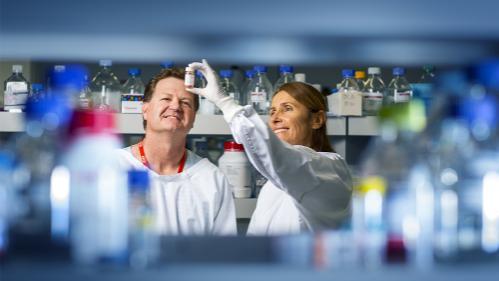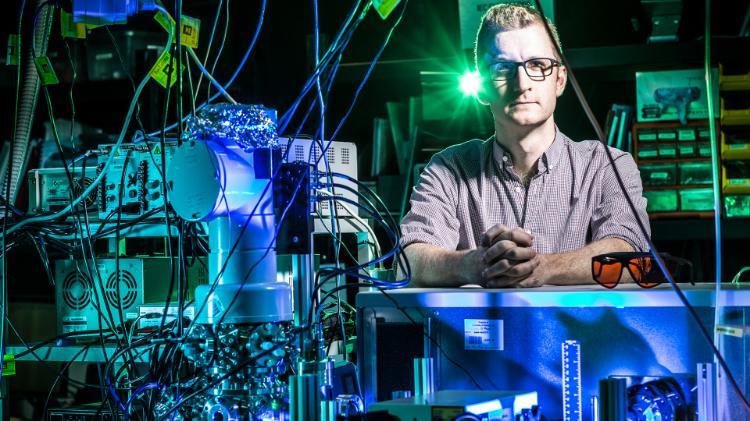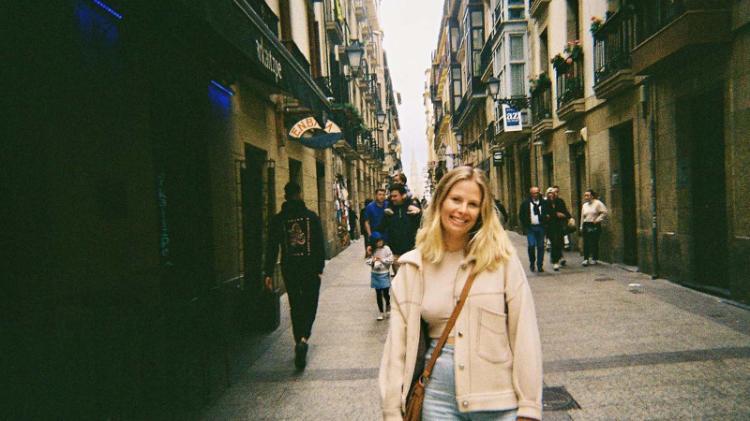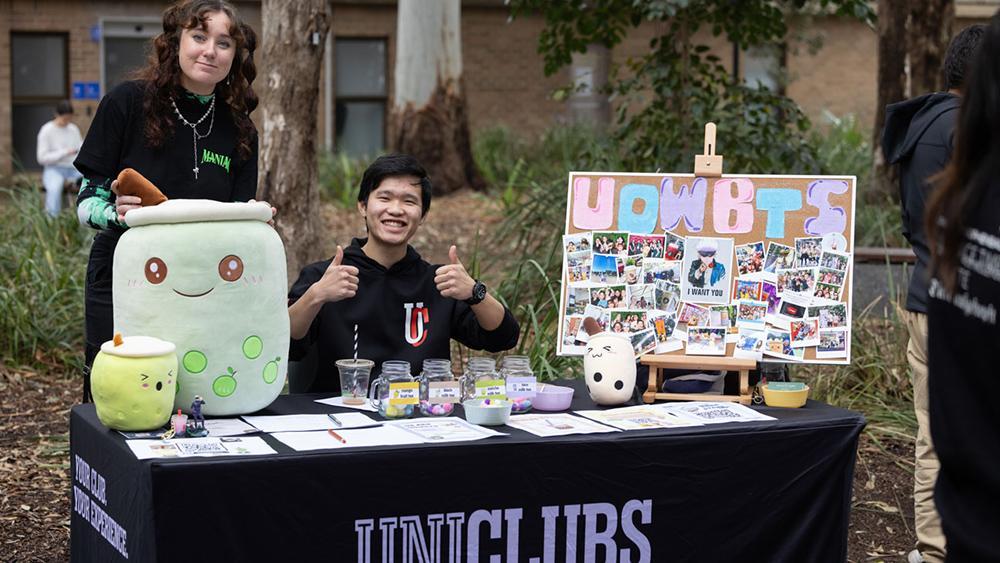Explore maths, physics and chemistry degrees
A strong understanding of maths, physics and chemistry allows societies to develop models that help us better understand and predict the behaviour of intricate systems. A maths, physics or chemistry degree allows you to graduate with the knowledge and analytical skills that will help shape the future. These skills are in demand by governments and private sectors worldwide.
Mathematics
- Bachelor of Data Science and Analytics
- Bachelor of Mathematics
- Bachelor of Mathematics (Applied Mathematics)
- Bachelor of Mathematics (Applied Statistics)
- Bachelor of Mathematics (Pure Mathematics)
- Bachelor of Mathematics Advanced
- Bachelor of Mathematics (Honours)
- Bachelor of Secondary Education (Mathematics)
Chemistry
Physics
- Bachelor of Medical and Radiation Physics
- Bachelor of Medical and Radiation Physics Adv (Hon)
- Bachelor of Secondary Education (Physics)
- Bachelor of Science (Atmospheric Science)
- Bachelor of Science (Nuclear and Space Radiation Technology)
- Bachelor of Science (Biomolecular Physics)
- Bachelor of Science (Physics)
- Bachelor of Science (Physics and Mathematics)
- Bachelor of Science Advanced (Hon) (Atmospheric Science)
- Bachelor of Science Advanced (Hon) (Biomolecular Physics)
- Bachelor of Science Advanced (Hon) (Physics)
Postgraduate Coursework
- Graduate Certificate in Analytics of Medical Imaging Data
- Graduate Certificate in Principles of Data Science
- Master of Mathematical Sciences
- Master of Mathematical Sciences (Applied Statistics)
- Master of Mathematical Sciences (Data Science)
- Master of Mathematical Sciences (Financial Mathematics)
- Master of Medical Biotechnology
- Master of Medicinal Chemistry
- Master of Science (Medical Radiation Physics)
Postgraduate Research
- Doctor of Philosophy (Information Science)
- Doctor of Philosophy (Mathematics)
- Doctor of Philosophy (Physics)
- Doctor of Philosophy (Science)
- Doctor of Philosophy (Integrated) (Science)
- Doctor of Philosophy (Integrated) (Engineering)
- Doctor of Philosophy (Integrated) (Information Science)
- Doctor of Philosophy (Integrated) (Science)
- Master of Philosophy (Biological Sciences)
- Master of Philosophy (Chemistry)
- Master of Philosophy (Health Sciences)
- Master of Philosophy (Information Science)
- Master of Philosophy (Physics)
- Master of Research (Engineering & Information Sciences)
- Master of Research (Science Medicine & Health)
UOW College provides pathways to degrees at UOW. By completing a Diploma of Science, or Foundation Studies course listed below, there is an opportunity to gain entry into the first or second year of various bachelor’s degrees at the University of Wollongong.
Alternatively, UOW College also offers the University Preparation Program to help you enter your first year of study at UOW.
At UOW, you'll graduate ready to solve problems, develop models and drive policies that will help people plan for a better future.
Here is just a sample of careers you can pursue:
- Radiotherapist
- Materials scientist
- Medical imaging specialist
- Biomolecular physicist
- Biophysicist
- Astrophysicist
- Cosmologist
- Atmospheric scientist
- Hydrographer
- Meteorologist
- Health physicist
- Econophysicist
- Meteorologist
- Science teacher
- Data analyst
- Data scientist
- Banking associate
- Business forecaster
- Financial analyst
- Investment analyst
- Mathematic modeller
- Mathematics teacher
- Quantitative trader
- Risk manager
- Statistician
- Stockbroker
- Transport analyst
- Transport modeller

